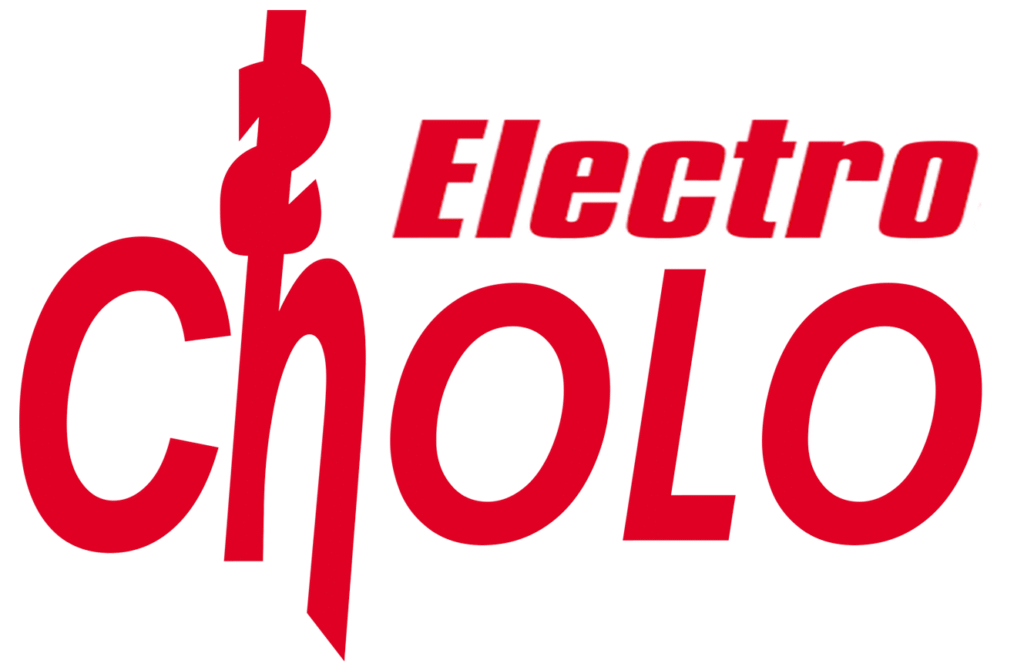Biomass
The VAT reduction on natural gas to 5% will also apply to pellets, briquettes and firewood
![]()
The Council of Ministers, at the request of the Ministry for Ecological Transition eur Demograph you; the possibility that cogeneration temporarily abandons its regulated remuneration regime, so that the Iberian mechanism is applied; or the creation of a new demand response service that will increase the flexibility and safety of the electrical system.
The reduction of VAT from 21% to 5%, the minimum rate authorized by community legislation, will benefit all natural gas supplies, including those destined for the boilers of neighboring communities. Until December 31, 2022, the reduced rate will be applied to intra-community deliveries, imports and acquisitions of natural gas , facilitating access to this fundamental supply before the arrival of winter and providing an estimated savings of 190 million to consumers.
The tax reduction will also apply to pellets, briquettes and firewood , ecological substitutes for natural gas from biomass and intended for heating systems, whose prices have increased considerably with the approach of winter. It will provide an estimated savings of 19.4 million to consumers.
AVEBIOM sees this measure as necessary, and demands that it be permanent
. Regarding this, the Spanish Biomass Association (AVEBIOM) believes that the reduction in VAT for solid biofuels, pellets, firewood and briquettes to 5% is very necessary, and demands that it be established permanently. permanent. The Association has repeatedly requested this tax reduction in the last 15 years; the last time this September together with other business associations such as APROPELLETS, ASEMFO, the Bioenergy Cluster of Catalonia and the Biomass Cluster of Galicia, with the argument of the social, economic and environmental benefits that the measure represents for all Spaniards, whether or not they are direct consumers of biomass.
According to Javier Díaz, president of AVEBIOM , this decision “will undoubtedly encourage more citizens to choose biomass as a way to obtain renewable and sustainable energy in their homes and companies.” And he adds that "the VAT reduction should be definitively established since biomass is a source of its own renewable energy that can replace imported fuels, providing economic benefits to users and companies in the sector and improving the country's trade balance."
Reactivation of cogeneration
Cogeneration installations use a fuel (mainly natural gas, but also other liquid fuels or biomass) to simultaneously produce electricity and heat useful for industrial processes.
The price situation in the energy markets has caused the production of more than half of the installed cogeneration capacity in Spain to stop in the month of August . This very negatively affects the most heat-intensive industrial sectors, but, in addition, it represents a loss of energy efficiency in the economy, since the energy that is not produced by cogeneration is replaced by other technical solutions – combined cycles and gas boilers – that have a lower overall energy performance.
To solve this problem, cogeneration facilities may temporarily renounce their regulated remuneration regime , so that they fall within the scope of the Iberian Mechanism and receive the adjustment charged by gas thermal plants. This temporary waiver may be requested while the Iberian Mechanism is in force.
A cogeneration plant produces heat and electricity at the same time in a more efficient way than if heat is generated on the one hand and electricity on the other, obtaining primary energy savings of around 10%. Therefore, the return to operation of the stopped cogeneration plants will provide savings that can reach 1.2% of the daily gas demand in the best scenario.
This measure is added to others previously approved to support the electro-intensive and gas-intensive industry , such as the 80% exemption in the payment of tolls, the maximization of compensation for the cost of CO2 reflected in electricity, public guarantees for the signing long-term energy supply contracts or direct payments to companies. Altogether, the aid totals more than 1,000 million in 2022.
Active Demand Response
The RDL also creates a new active demand response service that will increase the flexibility and security of the electricity system. It will make it possible to resolve, with maximum technical efficiency and the lowest possible environmental impact, situations of significant deviations between generation and consumption that arise in the time period immediately prior to the supply, or even at the time of supply itself. This service may be provided by demand in exchange for financial income granted through annual auctions.
Red Eléctrica, as System Operator, will manage the new service and launch the annual auction, in which all demand units – marketers and direct consumers – greater than 1 MW may participate. The first auction will be held very soon, because the new service must be operational before November 1, with a view to the winter season.
The regulations approved by the Council of Ministers include other measures that will facilitate the growth of renewable generation. For example, it establishes new, more flexible criteria to determine the capacity of transport networks, which may vary in a matter of months, days and hours, always respecting the thermal limits of the installation. Or it streamlines and simplifies administrative procedures for generation projects, such as those related to the identification of legally, economically and technically capable companies, or consultations between different public administrations.
